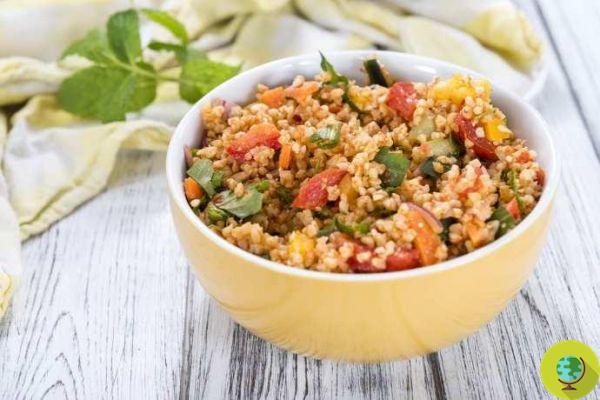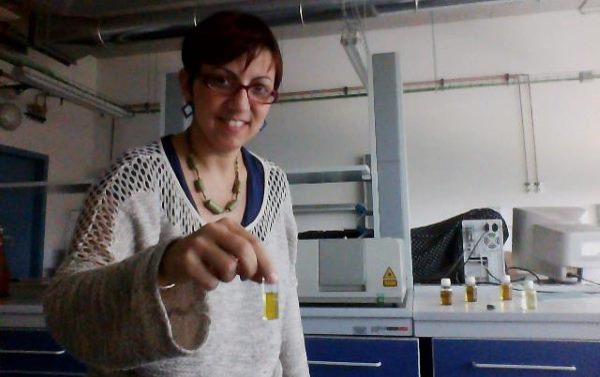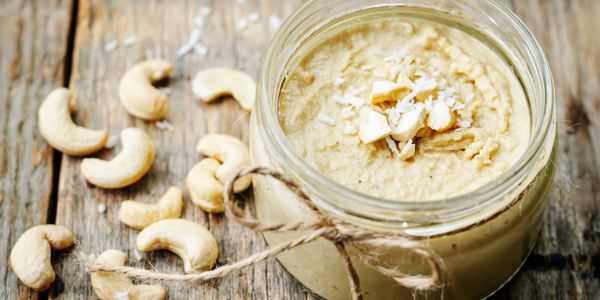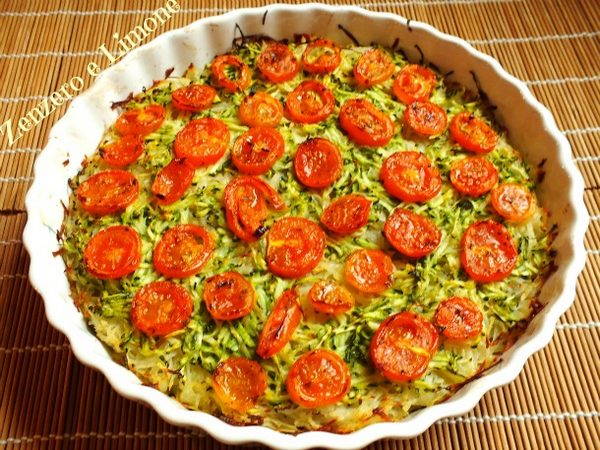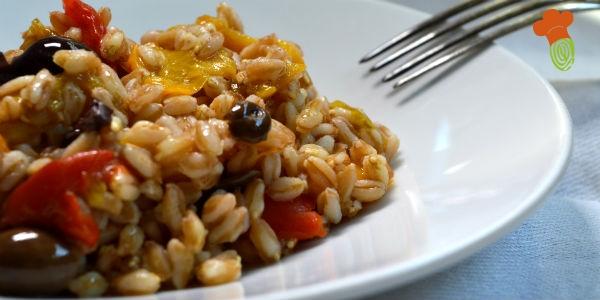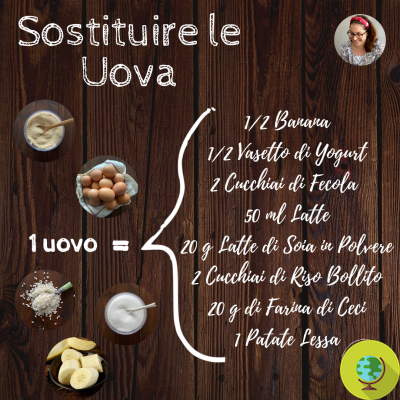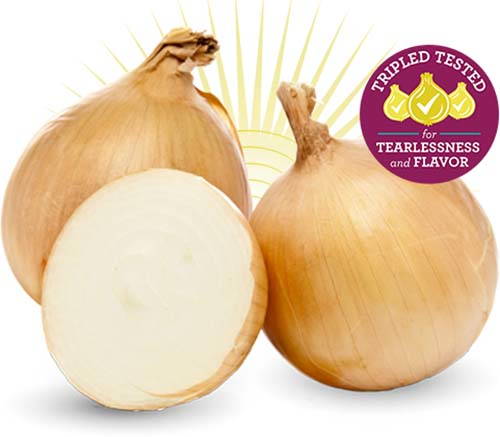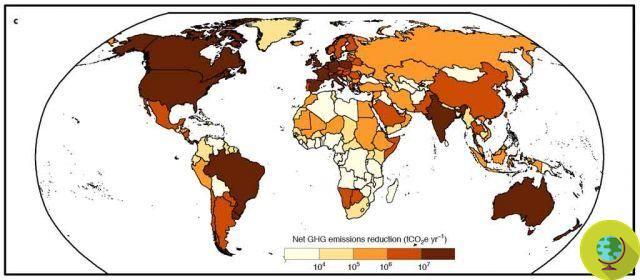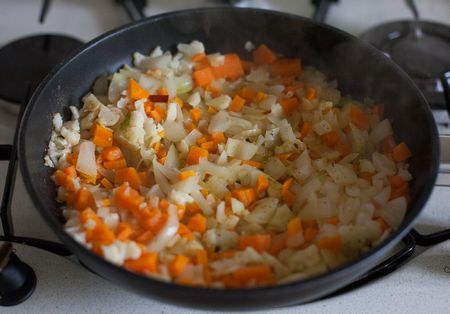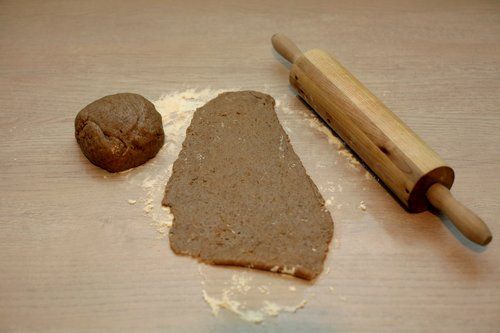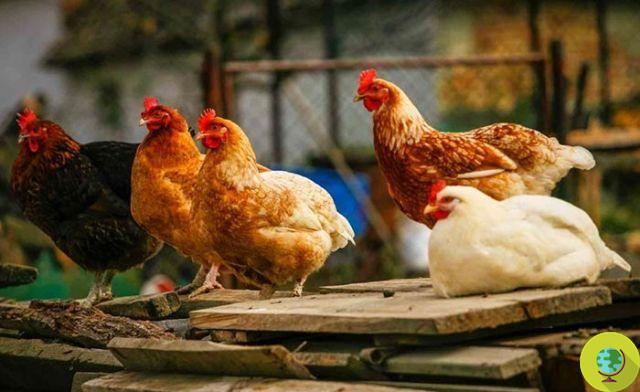
Eggs from caged hens would have the same nutritional values as those produced by free-range hens. This is the lapidary verdict of the Comparison of fatty acid, cholesterol, and vitamin A and E composition in eggs from hens housed in conventional cage and range production facilities, published in Poultry science and conducted by researchers at North Carolina State University.
Don't store avocado like this: it's dangerous
Le eggs from caged hens would have the same nutritional values as those produced by free-range hens. This is the lapidary verdict of the research "Comparison of fatty acid, cholesterol, and vitamin A and E composition in eggs from hens housed in conventional cage and range production facilities", published in Poultry science and conducted by researchers at North Carolina State University.
After running test and analysis on the eggs of 400 specimens of hens, some reared on the ground and others in cages, scientists led by Dr. Kenneth Anderson found that the only slight difference would be in the fatty acids, more abundant in free-range hens' eggs and in beta-carotene, greater in eggs from caged animals. For the rest, parity: the quantities of cholesterol and vitamins were equivalent, regardless of the farming method.
“In the light of the data obtained - explains Anderson - a significant nutritional advantage of eggs produced by free-range hens against those of hens raised in cages cannot be established”.
American research results also showed that cholesterol levels contents of both types of eggs were lower than those reported by the guidelines of the US Department of Agriculture, so much so as to lead the US Department to lower the cholesterol present in eggs from 213 to 185 mg per egg.
But to this "surprising" data, as Anderson defines it, one could argue that encourage the consumption of eggs from caged farms it benefits neither the environment nor the poor exploited birds. Granted and not granted that the data are true, if life in the open air doesn't make a difference to the properties of eggs, it certainly does for the hens!
For this reason it would be appropriate to think also, and above all, of welfare of animals intended to produce food, given that in intensive farming the hens crammed into cages are forced to live their short lives in truly inhumane conditions (and as for animal torture, Americans are experts, see IncFood).
So enough for the “breakneck” consumption of eggs, because alternatives exist. But if you really can't do without eggs, continue to contact your trusted farmer or breeder. If this is not possible, choose organic eggs: just read the labels and decode the code on the shell, where 0 stands for organic farming, 1 corresponds to the open, 2 on the ground, 3 in battery.
While our health may not gain from it, the chickens will be grateful to you.
Roberta Ragni






